
Fall 2018: Op Eds
Helina Sirak
Fourth year
Cognitive Science major, Bioethics minor
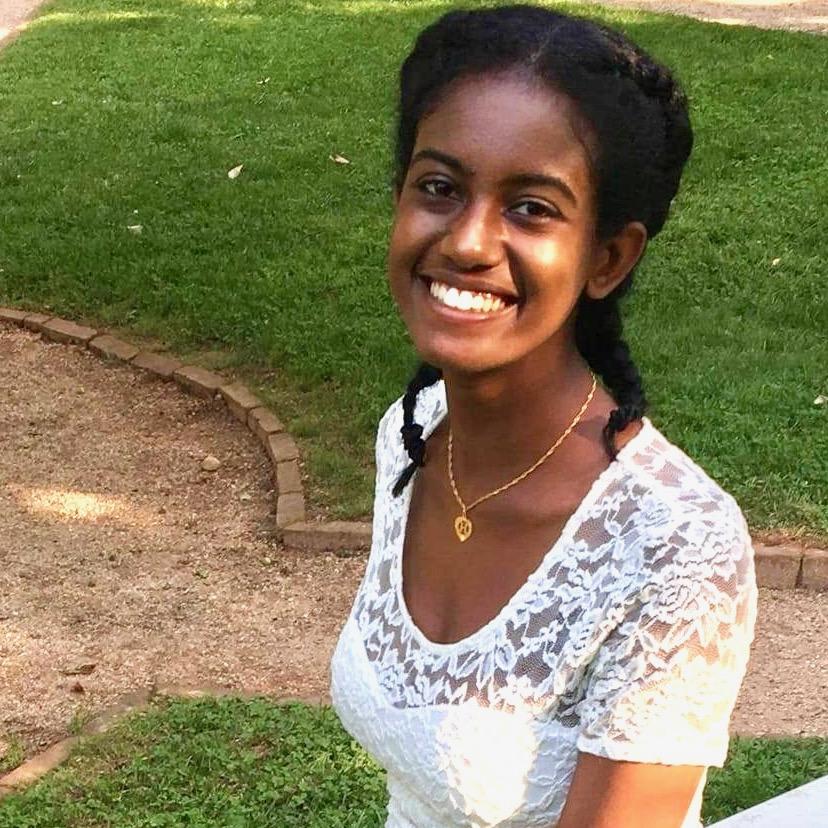
As a member of the Echols Advisory Committee, I provide a student perspective for the changes that the Echols program is currently considering in areas such as admissions, programming and academic requirements, housing, alumni engagement, and diversity. These are quite broad topics, and we discuss them extensively in our meetings throughout the year. I initially expected that these meetings would focus more on finding practical ways to support changes to the program, but I was surprised to find that we had to ask deeper questions in order to understand what changes needed to be made. How can we encourage students to engage and diversify their interests, while also honoring the Echols Program’s value of intellectual freedom? Could this be accomplished better by offering more programming, certain requirements, or through some combination of both? And more broadly, what is the ultimate goal of the Echols Program in regards to preparing students for the world beyond UVA? These are just a few of the questions that we came back to throughout our discussions.
As chair of the diversity subcommittee, I was tasked with finding ways to improve the diversity and inclusivity of the Echols program through stronger recruiting and more inclusive programming. Currently, the Echols Program is less diverse than the College of Arts and Sciences in terms of underrepresented racial/ethnic minorities and in socioeconomic diversity, so this is one of our highest priorities. Again, we were faced with difficult questions, especially in regards to recruiting Echols Scholars from the high school applicant pool. Access to higher education for marginalized students is a deeply entrenched social, political, and economic issue in the United States, and we often found ourselves confronted with that reality when trying to design stronger recruiting practices for the program. Being a member of this committee has taught me that solving problems in education often involves a commitment to understanding a problem in its broader context.
Our committee was made up of members with many different experiences and positions within the Echols program. I was accepted to the Echols program after my first year, so I focused on advocating for events that would make it easier for first-year applicants to get to know others in the program. One challenge we faced was recognizing that there are many stakeholders invested in the decisions we were making - prospective students and their parents, current students, alumni, administrators and faculty - and that to me was actually one of the most enjoyable aspects of being on the committee. We had to challenge ourselves to compromise and find solutions that could best address the needs of the program and all of its stakeholders. As students, we don’t often stop to think about the ways that the academic programs we’re involved in are structured and formed. Being on the committee has been an amazing opportunity for me to understand decision-making in higher education, and to advocate for changes that contribute to the Echols community in a positive way. Based on my experiences with the Echols Advisory Committee, I highly encourage all students to find ways to use their skills, experience, and creativity to push for positive change in the institutions they are a part of.
Kenny Darcy
Fourth year
Biochemistry and Spanish major

As a pre-med student, I’m very interested in the social determinants of health. In medicine, these are the social, economic, and environmental factors that affect patient health outcomes. One of the things I find most interesting is the complex relationship these factors have with each other. It is nearly impossible to disentangle things like race, income, education, and resource availability, and for this reason discussions about any of the determinants must be multiplex. I believe the same is true of the topics the Echols Advisory Committee is wrestling with.
You can’t talk about diversity within the program without defining the mission of the program. You can’t define the mission of the program without discussing academic requirements (or a lack thereof). You can’t discuss academic requirements without having a conversation about extracurricular programming as well. Extracurricular programming will necessarily turn to funding. Funding in turn impacts the size of the program, which is relevant to issues regarding housing and program admissions. And, of course, admissions into the program is a large part of the discussion about diversity! It almost sounds like something out of If You Give a Mouse a Cookie.
Clearly these issues are multifaceted. While I have described one of the ways several components of the program are related, it is important to recognize that there are many, many more. A giant, interconnected web is probably a better visual than the circle I have just outlined.
The EAC’s discussion of the aforementioned topics has been complex and frustrating, but it has also been very rewarding. I am thankful that the committee is comprised of a diverse group of current scholars, faculty, and alumni who are not afraid to tackle these complex issues. When we are all in one room, the determination of the EAC members is truly inspiring! While our work in subcommittees over the past year has allowed us to investigate individual components of the program in detail, I have found our committee-wide discussions to be the most effective at acknowledging the interplay between each aspect of the Echols program and at addressing the program’s direction as a whole.
I believe that one of the best parts of the Echols Scholars program is that it encourages curious students to form their own opinions and think critically about multifaceted issues. I wrote this reflection with this in mind. I have chosen not to share my opinions on the topics the committee discusses, but rather to inform you of the complexity of the problems the committee is attempting to solve. I hope this gives you an idea of some of the areas of concern we as a program are addressing, and I want to encourage you to think about the future of the program yourself. My hope is that students will feel comfortable reaching out to me with questions, comments, or concerns so that I may use my position as a student rep to advocate on their behalf.
Claire Mooney
Fourth Year
Anthropology DMP, Urban Planning minor
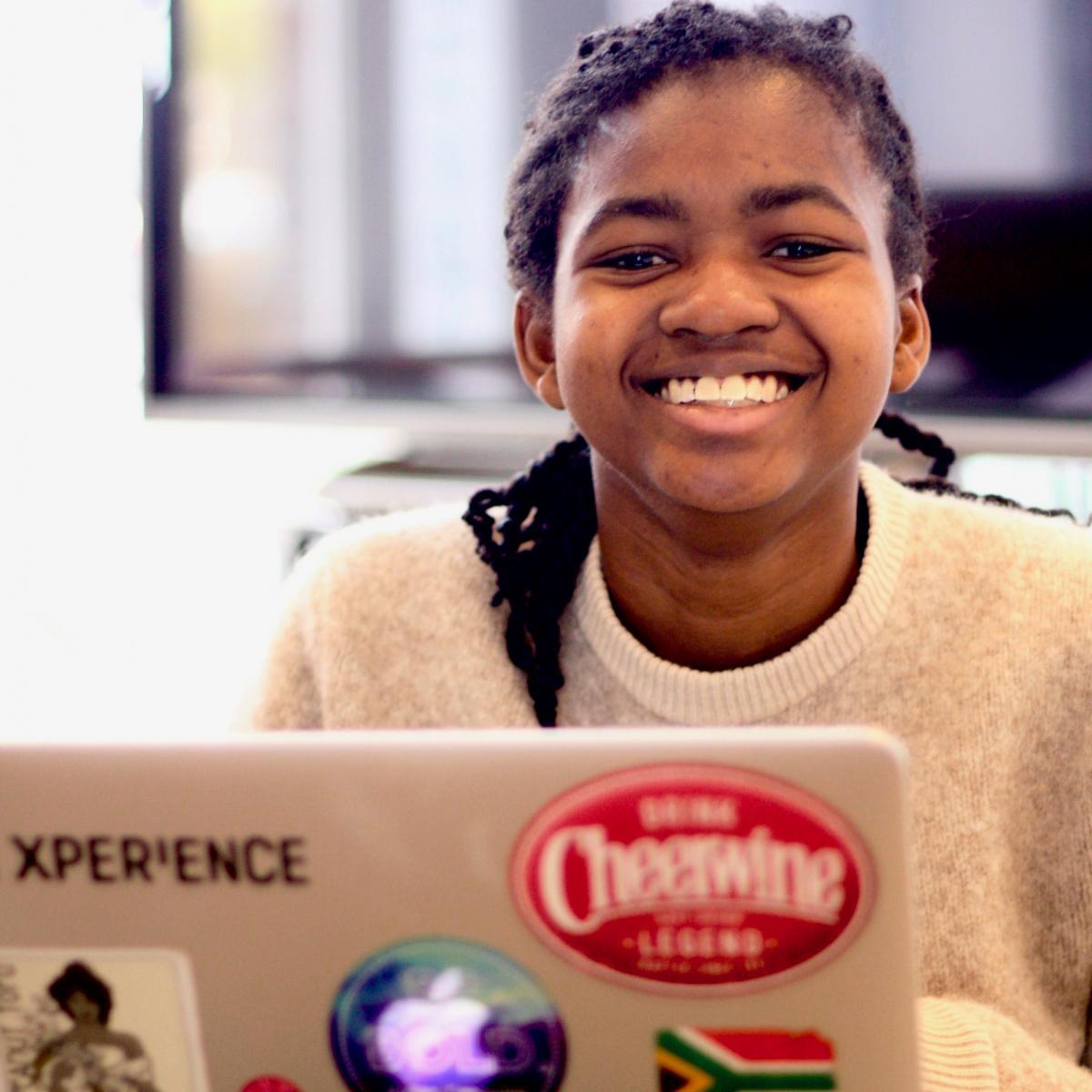
I am so grateful to have been on the Echols Advisory Committee for the last year. I have thoroughly enjoyed the opportunity to work with such a dedicated team of professors, alumni, and fellow students. The biggest lesson I have learned from the committee is how to make value-based decisions. I believe I echo the experiences of other committee members when I say that some of our most meticulous, if not tedious, discussions surrounded the rewording of the Echols mission statement. It was crucial to allot a significant amount of time and thought to this task, because every committee recommendation must link back to furthering the Echols mission. Having this foundation to steadfastly work towards was both inspiring and incredibly daunting.
Throughout my time on the committee, I was reminded of the numerous ways the Echols Scholars program has altered my life: it brought me to the University of Virginia, it saw an academic curiosity in me which I could not quite see in myself, it introduced me to my dearest friends. I was also able to witness the effect the program has had on alumni and my peers. We all felt a deep responsibility to current and future students to maintain and improve the wonderful aspects of the program – the strength of the community and academic empowerment. However, it was equally, if not more important, to be analytical about the program’s shortcomings – for example, the need for greater racial and socioeconomic diversity, and possible tensions between Echols and non-Echols students. I am not so naive as to presume we were able to solve every issue within the program, but I have complete faith in the program’s mission. If we continually make decisions about the program which affirm this mission, the Echols program will continue to shape the University of Virginia and beyond for the better.
Jordan Bridges
Class of 2020
Double Major in Philosophy and Political & Social Thought
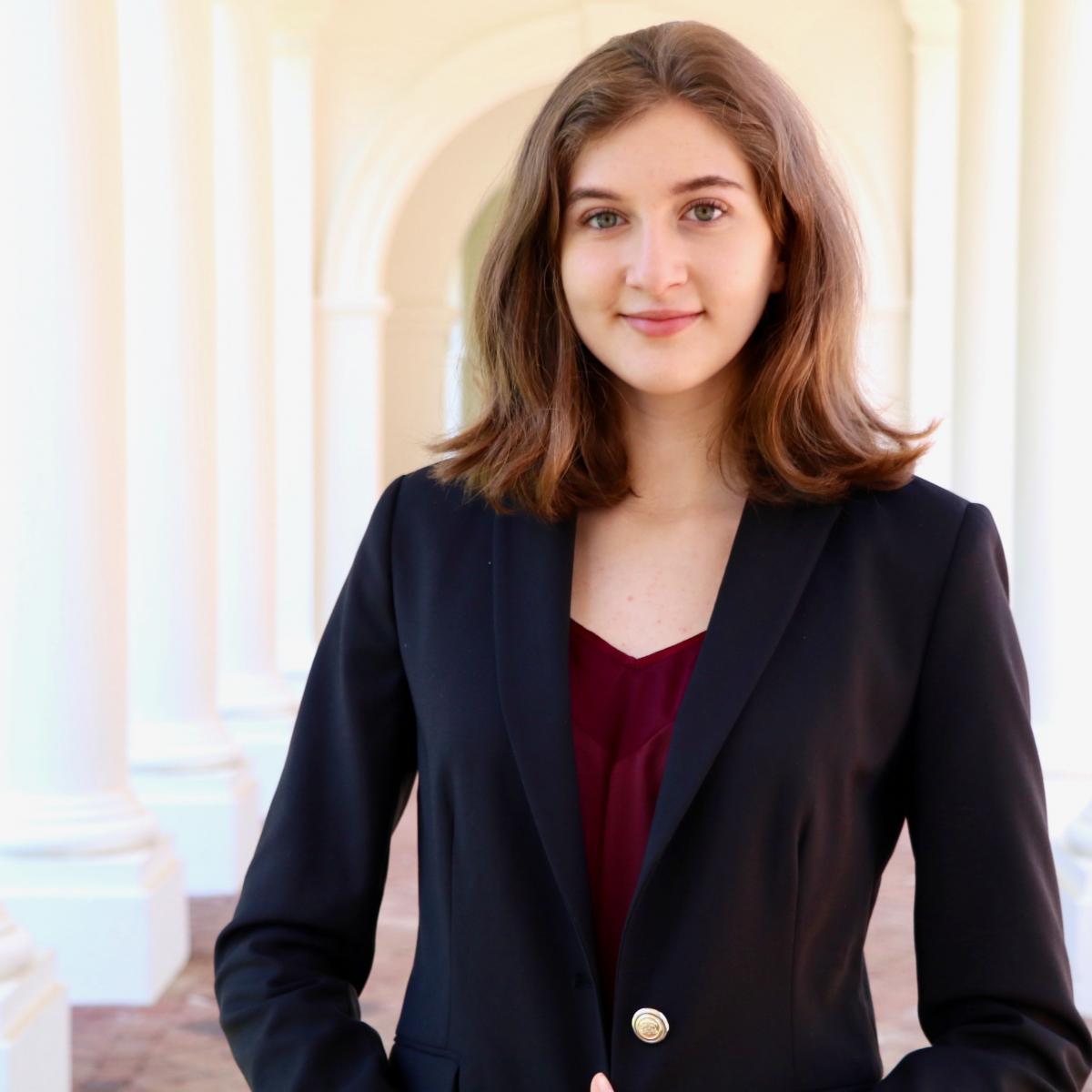
When I joined the Echols Advisory Committee I tried to imagine what it would be like to be someone in my position, a student, ten years from now. How might such a person look back at this—in many ways unprecedented—opportunity for the program to grow?
Of course, I can’t possibly know what it will be like to be a student ten years from now. In fact, I can’t even know what it’s like to be any current Echols scholar besides myself. In my day-to-day I’m not too concerned about lacking epistemic access to what it is like to be each of my peers, but when I joined the advisory committee as a current student I began to worry about my inability to represent the student view. After all, I’m not an expert on education, nor have I had a particularly long relationship with the University. If the only thing I would have been able to bring to the committee was my knowledge of what it was like to be a student, it looked like I wouldn’t have much to offer.
As our committee meetings progressed, I started to get the sense that even if I could somehow know everything about all past, present, and future Echols scholars and their experiences within the program, it’s not clear that I’d be able to articulate some student consensus on the best way forward for the program. That said, I also began to recognize that there were some student experiences—like what it is like to join the program as a second-year or live outside of the common housing—that were especially important to consider as we thought through the big-picture questions on the table.
These realizations led me to actively choose to learn more about the Echols community. I attended as many Echols programs as I could, and in between eating all the food our budget had to offer, I got to learn more about what other students thought about the Echols program. I heard about which parts of the program were most important to them, what they hope Echols will look like in the future, and which pizzas we should really stop ordering, just to name a few of the pressing matters we discussed.
I tried to think of these brief moments with my peers as opportunities to hear fresh ideas, challenge my currently-held positions, and find inspiration from an incredible group of people. This goal wasn’t a particularly difficult one to achieve; just about every interaction I had with Echols scholars past and present left me feeling humble and optimistic about what we could accomplish over the next few years.
I also grew to recognize that no one was asking for me to speak specifically as a student, and that I could contribute to the committee as a member, simpliciter. I have something to offer to the discussion as a person, and I also happen to have the advantage of being able to talk to current Echols scholars several times a day. I’m now heading in to my next year on the committee feeling confident and energized, ready to tackle questions about the identity of the program with the Echols community I have the privilege of interacting with on a daily basis.
Ron Hohauser
Class of 1990
Echols Interdisciplinary Major
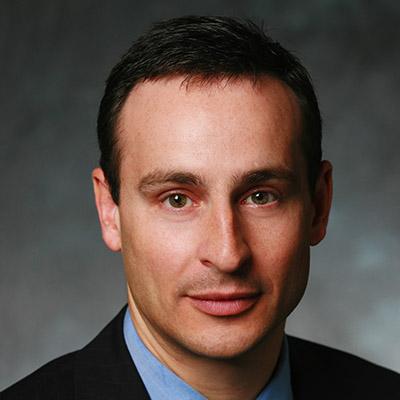
One year ago, I was honored to be asked by Kelsey Johnson, Professor of Astronomy and Director of the Echols Scholars Program, to serve on an Advisory Committee intended to provide guidance regarding the future of the Echols Scholar Program. As a UVA alumnus who began his undergraduate career in the School of Engineering as a Rodman Scholar who later transferred into the College as an Echols Scholar who opted not to live in Echols/Rodman Scholars housing my first year, I believe that Kelsey hoped that I might bring a unique perspective to the Committee.
In November 2017, the Committee gathered at Alumni Hall to meet in person and formally kick off our deliberations. I joined five other alumni who graduated between 1974 and 2011, three College professors, five current students and a handful of College and University staff members from various departments, including Admission, Housing, the College and the Curry School. The full Committee divided into various subcommittees and met as a full or partial group several times throughout the year, both in person and via teleconference, culminating in the preparation of a report delivered to Dean Baucom and detailed elsewhere in this newsletter.
I am pleased to report to Echols Program alumni and friends that I have been as impressed with the process and the outcome of this Committee as I have been with any initiative in which I have participated or which I have observed in my professional career or in my years of involvement with nonprofit organizations.
The 25-some members of the Committee were united in their commitment to look honestly at what the Program does well and where it falls short, and we did not shy away from asking big questions. We engaged in vigorous debate over foundational issues and did not always come to complete agreement, although in the Virginia tradition, collegiality, mutual respect and compromise always prevailed.
I believe I may speak for my fellow alumni Committee members in lauding the impressiveness of the student members of our Committee. Those of you who have engaged recently with current UVA students in general (and Echols Scholars in particular) know how thoughtful, articulate, committed, open-minded and prepared for a challenging world they are. Having spent many hours with the students on our Committee, I can attest that they more than held their own in debates with strong-willed alumni and decorated faculty. If these fine scholars are representative, I can state with a high degree of confidence that student self-governance at UVA is alive and well.
I would also like to share my admiration and respect for Kelsey. Aside from representing the best of the College’s faculty with her passion for her subject and ability to inspire students, Kelsey has taken on the mantle of Echols Program Director with gusto and courage, seeking to improve the program in all respects while building consensus and inviting all points of view. Echols Scholars and alumni, your program is in good hands.
I am sure I speak for the rest of the Committee look forward to continuing the Committee’s work in the coming year, and I welcome all comment from Echols alumni and other interested parties.
Ricardo Padron
Class of 1989
UVA Associate Professor of Spanish
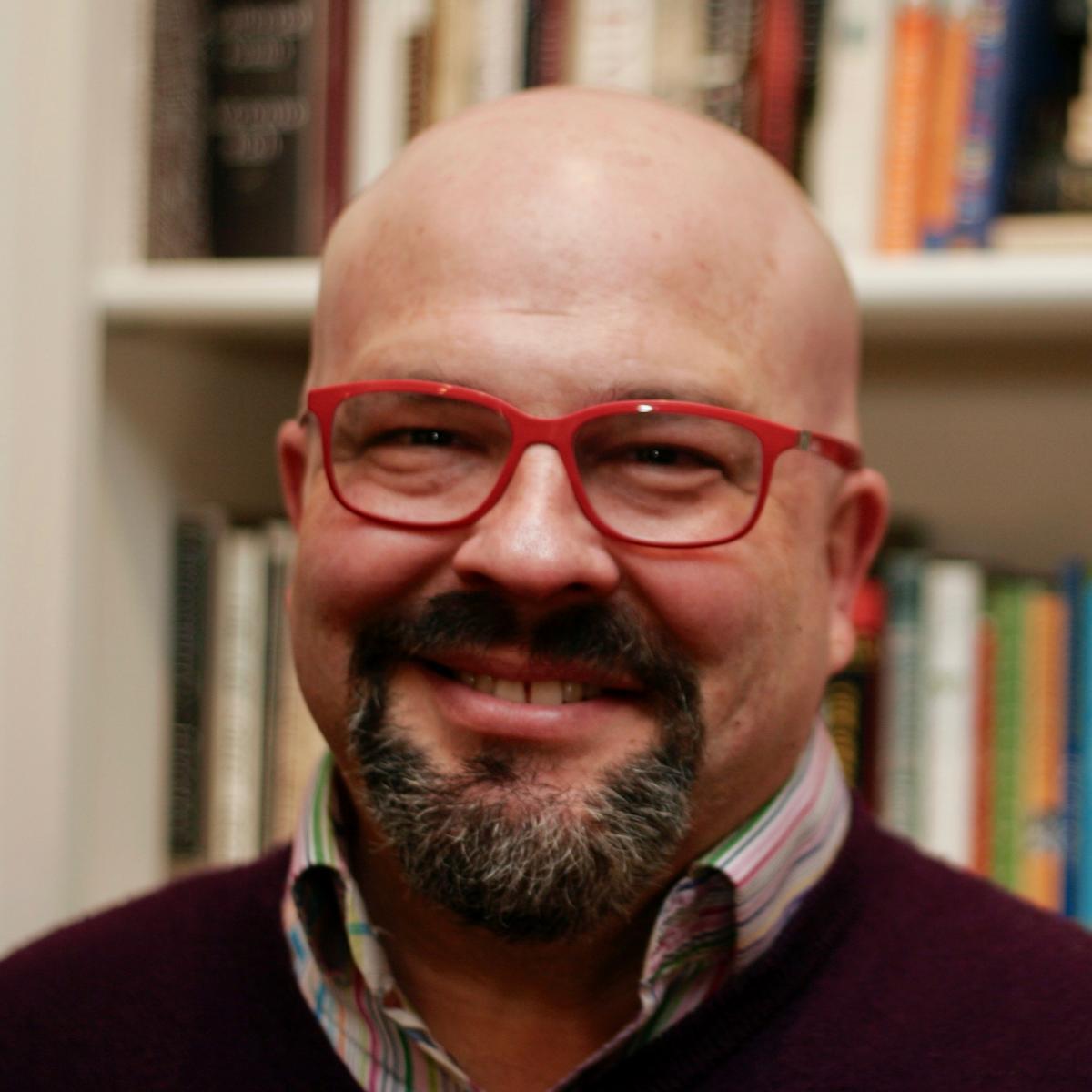
The Echols Advisory Committee met through the course of the 2017-18 academic year, bringing together the insists of students, faculty, and alumni. This was the first time in the history of the Echols Scholar Program (ESP) that anyone had attempted such a comprehensive review, drawing on so many perspectives. The group carried out fruitful discussions of the overall mission of the program, the nature of its academic requirements (or lack thereof), the diversity of its members, and the program’s residential component.
As a faculty member and an Echols alumnus, I was delighted to be part of a group of people who shared my values regarding the college experience. These were people who valued curiosity and intellectual risk-taking, who knew college was primarily a place to learn and grow, and that much of that growth was intellectual in nature. Everyone, I thought, was committed to developing an already strong program into a really distinctive one, deliberately designed to help its participants mature into creative, critical, and compassionate young adults.
We did not always agree on everything, and we were stumped by some of the program’s most urgent problems, particularly its lack of diversity relative to the overall student population, but we learned a lot about the difference between what needed to be done, and what could be done with the resources available to the program, in the short term and in the long. I was most pleased with the group’s decision to endorse the program’s residential component, while simultaneously examining options for enhancing the dorm experience, and its contribution to the overall development of the scholars.